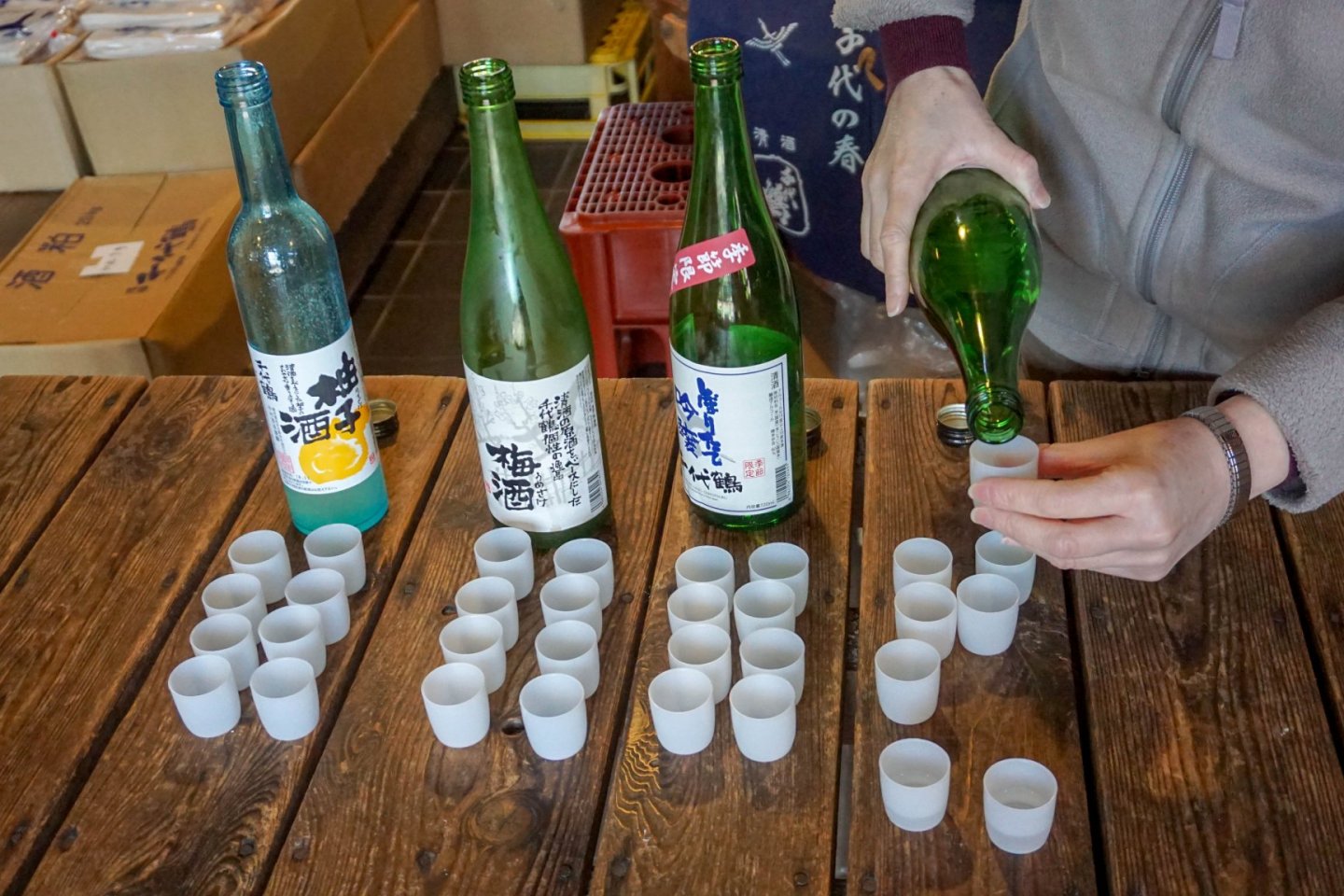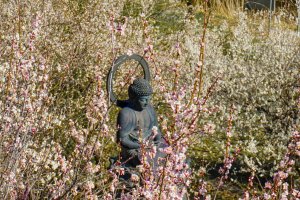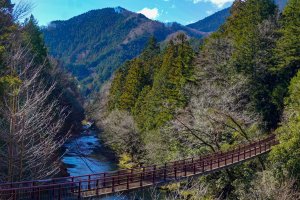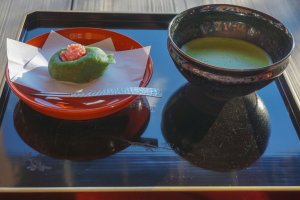If you have always considered Tokyo to be a huge, modern metropolis with no space for nature-related activities, you should perhaps have a look at this article.
Recently, I had the privilege to explore an area of western Tokyo prefecture which is still considered off the beaten path, but which holds a huge array of attractions and nature-related possibilities for visitors. This area is known as the Tama region, and in this article I will include the towns I visited – Hinohara, Akiruno and Hinode. An ideal way to visit this area is to arrive by train to Musashi-Itsukaichi station on the Chuo Line, only 60 minutes from Shinjuku station and 90 minutes from Tokyo station. Besides public buses and taxis to get around, at the station you can also find a very welcoming venue, the Tokyo Urayama base, a privately-run shop which offers great help to visitors wishing to know more about the Tama area. There, you can store your luggage, rent bikes and gear, and eat meals prepared using food harvested in the area. Mr. Kenji Jinno, the owner, has a rich knowledge of the local history and culture, and will go the extra mile to make sure every visitor coming to this area leaves with an added value and countless memories.

Several times during my time in this area, I had to remind myself of how close I was to Tokyo, despite the whole environment being basically the opposite. In fact, where Tokyo is famous for its crowds, the Tama area has remarkably few people. In Tokyo finding a green space can be no easy task, but here you are overwhelmed by the majestic beauty of nature, which manifests itself in the form of waterfalls, lush forests, steaming hot springs, and a vibrant and rich local culture.
Hinohara Mura
Hinohara Mura, the only location in Tokyo to be classified as a village, is the centerpiece of the Tama region. Every season, the village is animated by events and painted with colors gifted from nature, ranging from the pink of the spring blossoms, to the green of summer, the blazing red of fall and the crisp white of the winter snow. Visitors have several chances to interact with locals, from the unique udon-making experience on top of the mountain to the waterfalls and gorge trails spread all over the village.

One stop in Hinohara that's not to be missed is the temple cafe of Syu Un, where visitors can observe the sun setting between the mountains while the rhythmic sound of the temple bell fills the scene. Customers can enjoy green tea and a handmade wagashi sweet while relaxing over views of the temple's zen garden.

Kabutoya Ryokan
In the middle of all this nature, the Kabutoya Ryokan offers timeless hospitality in the accommodation style of an authentic Japanese ryokan, yet with an innovative touch and attention to the guests. Mr. Keiyu Okabe, aside from his managing role at the hotel, is a promoter of nature-oriented tourism and is part of the committee promoting forest walks. A stroll in the woods is said to be a scientifically-proven way to reduce stress, calm the mind and rejuvenate the body.

Sake
This area is also known for six sake breweries, which have been making high-quality sake since olden times. Some of these breweries date back to the 1800s, with the oldest (Ozawa Brewery) founded in 1702. Four of these breweries also arrange tours to show the process behind the production of this unique Japanese beverage. Some tastings are also offered, where you have the chance to learn more about the four main types of sake, divided by aroma and flavor.

Shoyu
Soy sauce is perhaps one of the most used Japanese ingredients in the world. It arrived in Japan from China around 800 years ago, and is registered as a UNESCO intangible cultural heritage. There is even a Soy Sauce Day celebrated in Japan on the 1st of October. Here at Kondo Jozo Shoyu, a third generation takuni (special craftsman which have been recognized for their high skills and for keeping alive local traditions) enlighten visitors about the secrets behind this magical dressing, with factory tours and even a chance to create your own soy sauce bottle through a workshop.

So what are you waiting for? Come explore the rich Tama region, only 60 minutes away from Shinjuku station and 90 minutes away from Tokyo station.








































